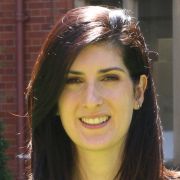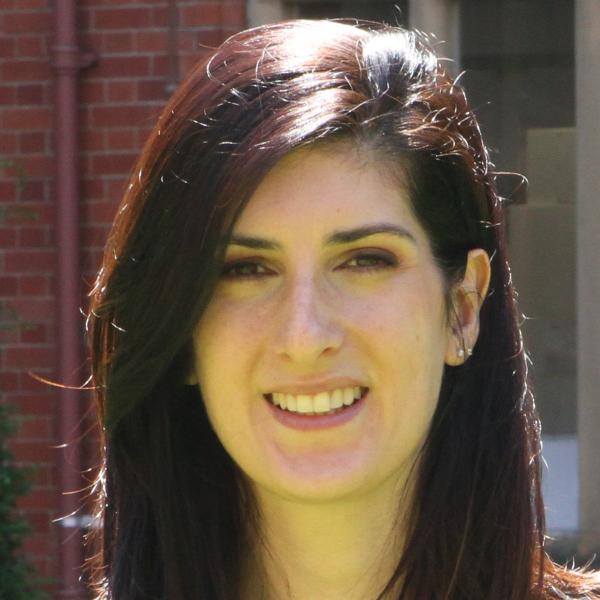- ╬█╬█▓▌▌«╩ėŲĄ becomes a ŌĆśCity of LanguagesŌĆÖ in recognition of its vibrant multilingualism
- New initiative will create a space that promotes and celebrates cities language learning activities and events
- Over 120 languages are spoken in ╬█╬█▓▌▌«╩ėŲĄ, and the city supports many heritage language schools and groups who celebrate language related arts, traditions, cuisine, and cultural activities from countries around the world
- City of Languages partnership opens new logo competition for ╬█╬█▓▌▌«╩ėŲĄŌĆÖs children to get involved
╬█╬█▓▌▌«╩ėŲĄ is the latest city nationally to be declared a ŌĆśCity of LanguagesŌĆÖ, in a aimed at promoting and helping the cityŌĆÖs multilingualism to flourish.
Supported by the British Council and Association for Language Learning, the ŌĆśCity of LanguageŌĆÖ initiative means including cities like Manchester, Liverpool, Aberdeen and London, who make a commitment to promote language learning, raise the profile of the languages spoken in their regions and celebrate multilingualism as an important cultural asset.
Working together, the University of ╬█╬█▓▌▌«╩ėŲĄ, ╬█╬█▓▌▌«╩ėŲĄ Hallam University, ╬█╬█▓▌▌«╩ėŲĄ City Council, ╬█╬█▓▌▌«╩ėŲĄ Libraries, the Home, Heritage, Community Languages (HHCL) Advisory Group, the Association for Language Learning South Yorkshire, and ╬█╬█▓▌▌«╩ėŲĄ ChildrenŌĆÖs Hospital will provide a network to organise and celebrate language events happening in the city, its schools and communities.
Dr Sabine Little from the University of ╬█╬█▓▌▌«╩ėŲĄŌĆÖs School of Education, said: ŌĆ£╬█╬█▓▌▌«╩ėŲĄ has a long and vibrant history of celebrating its heritage, history of migration and multilingualism, which have all contributed to the over 120 languages now spoken in the city.
ŌĆ£╬█╬█▓▌▌«╩ėŲĄ as a City of Languages might be new, but the title recognises the multilingual culture which has always thrived here; through film, art, music, education and its many festivals. ╬█╬█▓▌▌«╩ėŲĄ has always been a city whose people have celebrated its multilingual culture throughout its history.ŌĆØ
╬█╬█▓▌▌«╩ėŲĄŌĆÖs commitment to promoting language learning is decades long, the South Yorkshire branch of the Association for Language Learning has supported language teaching in its schools for over 30 years. The award-winning Home Language Accreditation Project (HoLA) also developed in ╬█╬█▓▌▌«╩ėŲĄ helps multilingual children to get an accreditation in their home or a heritage language and its - founded by Dr Little in collaboration with ╬█╬█▓▌▌«╩ėŲĄ Libraries - won the International Brenda Eastwood Award for Diversity and Inclusion in 2019.
The city also hosts many heritage language schools, groups and clubs teaching languages such as French, Arabic, Korean, Urdu, Greek, Japanese, Russian and Lithuanian, which are dedicated to promoting the benefits of language learning, as well as supporting heritage language arts, traditions, cuisine, and cultural activities.
The city's Universities also have a long-standing tradition of welcoming a diverse international student population every year. The national campaign was founded over a decade ago by the University of ╬█╬█▓▌▌«╩ėŲĄ and its StudentsŌĆÖ Union to highlight the contributions that international students make to ╬█╬█▓▌▌«╩ėŲĄ, and showcase the cityŌĆÖs ongoing appeal to people from all corners of the globe that make it such a vibrant place to live.
Today, the City of Languages partnership has launched a website, which will capture the amazing work happening in ╬█╬█▓▌▌«╩ėŲĄ to create an environment rich for language learning and the preservation of heritage languages and lists upcoming events that local people can participate in.
Encouraging children in the city to get involved, the organisers have also opened a competition, for anyone aged between five and 18 to design a new logo for ╬█╬█▓▌▌«╩ėŲĄ as a City of Languages, to find out more visit:
Dr Little said: ŌĆ£We would love to have a logo that represents ╬█╬█▓▌▌«╩ėŲĄ's multilingual and multicultural heritage, and we would love it even more if that logo came from a member of the ╬█╬█▓▌▌«╩ėŲĄ community. Our competition will be open until 30th June 2025 and the winner will have their design chosen to represent the ╬█╬█▓▌▌«╩ėŲĄ City of Languages initiative.ŌĆØ
Vicky Gough, Modern Foreign Languages Adviser at the British Council, said: ŌĆ£The learning of languages is essential for developing international and intercultural skills. In our multilingual and multicultural society, every child should have the opportunity to learn a language and to celebrate their home and heritage languages. We welcome the launch of ╬█╬█▓▌▌«╩ėŲĄ City of Languages - this initiative plays an important role in the recognition of multilingualism as a national asset which should be nurtured.ŌĆØ
Clare Allison, lead for Home, Heritage, Community Languages (HHCL) Advisory Group, said: ŌĆ£Recognising ╬█╬█▓▌▌«╩ėŲĄ officially as a City of Languages is an important step in highlighting the inspirational work that is already taking place to support language learning and the maintenance of home, heritage and community languages in ╬█╬█▓▌▌«╩ėŲĄ. This initiative celebrates the rich tapestry of cultures and languages that shape our community and values all languages as both educational and cultural assets.ŌĆØ
- The initiative is overseen by co-founders Dr Sabine Little from the University of ╬█╬█▓▌▌«╩ėŲĄ, and Clare Allison, lead for Home, Heritage, Community Languages at the National Consortium for Languages Education.



